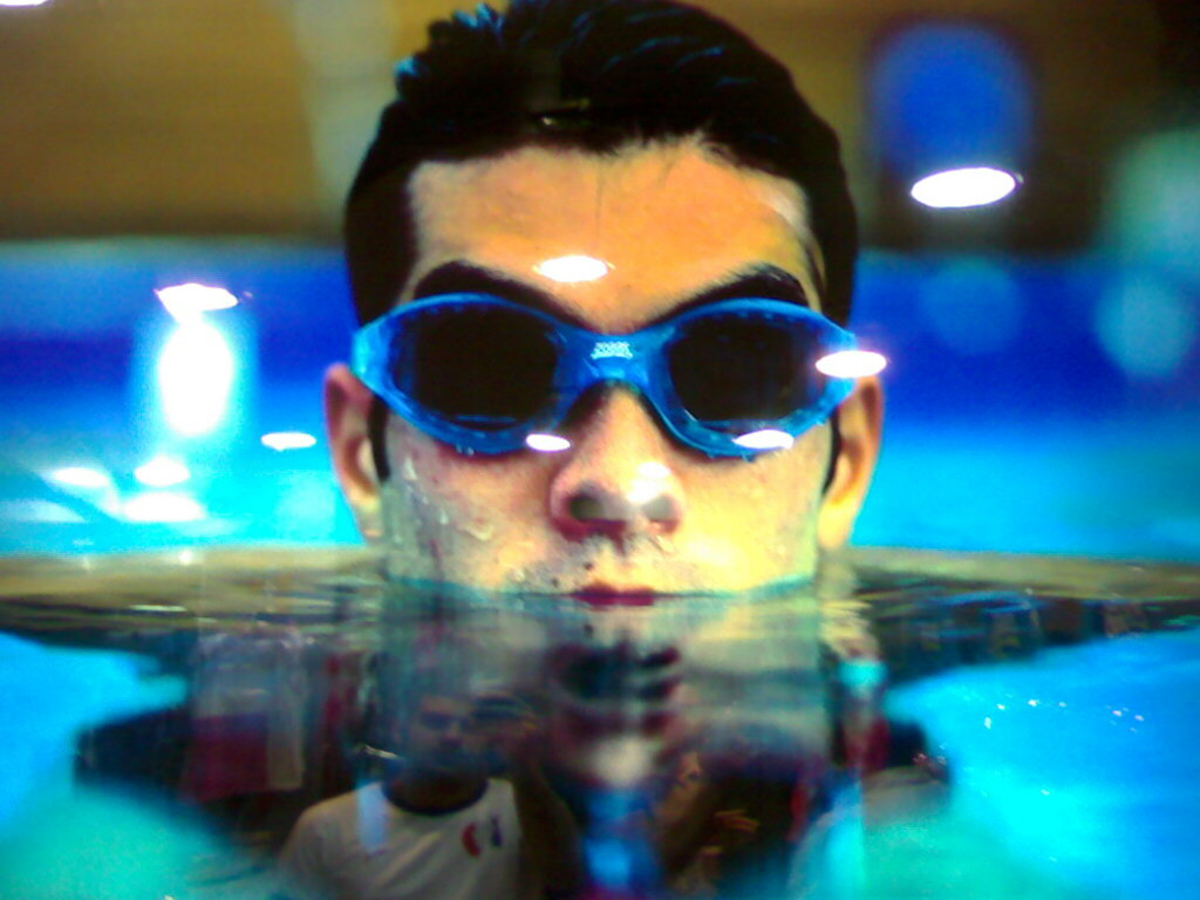Table of Contents
Swimmer’s Ear is a common condition also known as otitis externa or acute external otitis. Often after swimming, or even taking a shower or a bath, excess water remains in the air canal, and this can lead to a painful infection. To learn how to prevent swimmer’s ear, you need to know more about what it is.
Definition of Swimmer’s Ear
What Are the Symptoms of Swimmer’s Ear?
Symptoms of swimmer’s ear can often start off quite mild, before progressing to the more severe, especially if the condition is not treated. Mild symptoms can include:

- Redness inside the ear
- Itching inside the ear
- Mild pain
- Drainage of clear fluid
Once the condition worsens, the more moderate symptoms include:
- Extensive reddening inside the ear
- Worsened itching
- Drainage of pus from the ear canal
- Increased pain
- Feeling of blockage or fullness in the ear canal
- Hearing distortion or decrease
Without treatment, swimmer’s ear can become more serious and painful, and these symptoms include:
- Severe pain that may spread to the neck, head or face
- Blockage of the ear canal
- Swelling and redness of the external ear
- Fever
- Swollen lymph nodes in the neck
Complications of Swimmer’s Ear
If the condition is treated early, complications will seldom occur, but it is important to remember that there may still be complications regardless of treatment. The serious complications of swimmer’s ear are as follows:
- Chronic otitis externa – depending on the strain of bacteria, allergies to eardrops or antibiotics, the condition can become chronic, and long-term treatment may be necessary.
- Cellulitis – this complication is not common, and occurs where there is a deep spread of the infection into the layers of tissue beneath the skin.
READ Summer Activity: Benefits of Swimming
- Temporary deafness – whilst the condition is being treated, there may be a decrease in hearing ability, but this will normally return to normal following treatment.
- Necrotizing otitis externa – this is an extreme complication, where the cartilage and skin of the outer ear becomes damaged, and infection occurs in certain bones of the skull.
- Infection spread – if necrotizing otitis externa develops, it may result in the infection spreading into the brain or nerves that are located nearby. This is a very rare but also life-threatening complication.
- www.mayoclinic.org/diseases-conditions/swimmers-ear/basics/prevention/con-20014723
- www.cdc.gov/healthywater/swimming/rwi/illnesses/swimmers-ear-prevention-guidelines.html
- Photo courtesy of mahidoodi: www.flickr.com/photos/mahidoodi/244469033/
- Photo courtesy of mavroudis: www.flickr.com/photos/mavroudis/21237842746/
- Photo courtesy of mahidoodi: www.flickr.com/photos/mahidoodi/244469033/

